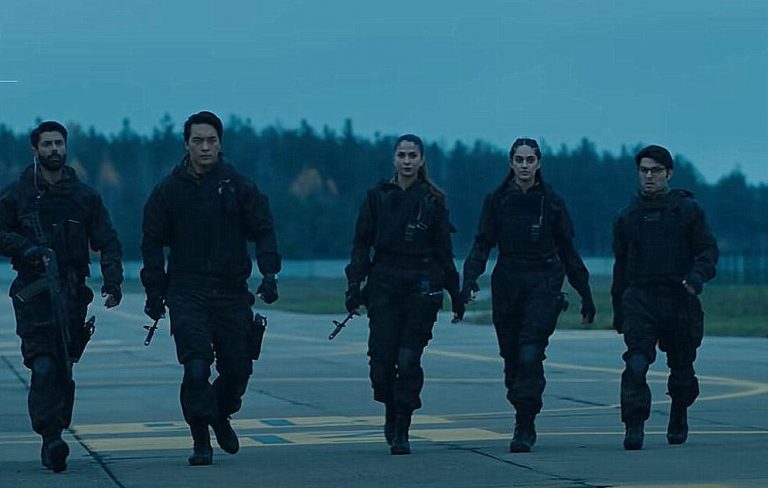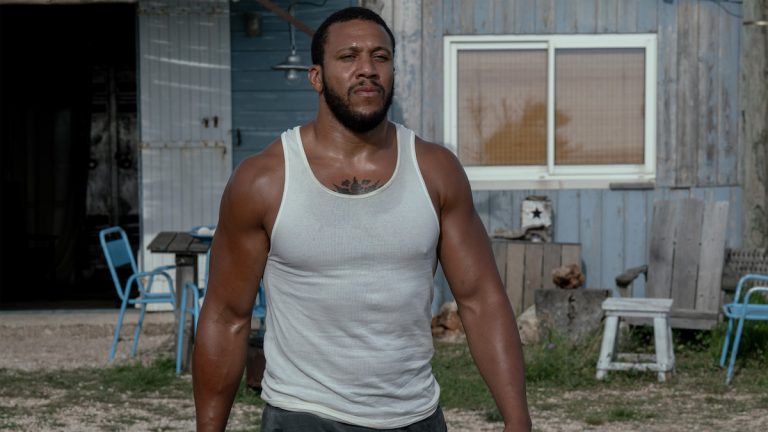20 Great Drama Movies of World Cinema: Throughout human history, art has consistently evoked profound emotions, from sheer joy to deep disappointment. It transcends textures, cultural distinctions, languages, races, and identities, symbolizing a collective desire for introspection. Art, in its myriad forms, seeks to elevate, even as it stands as an elevation in itself. Among these forms is drama, a common thread in all arts, including film, music, television, and painting. Drama arose from the intrinsic human need to express curiosity about others, their experiences, and uncharted places, reflecting both shared and unexpressed emotions.
Indeed, it has been a fortunate development that the realm of cinema and filmmaking has, from its inception, grasped the true essence of creating ‘drama’ through storytelling. True drama lies not in the choreography of events but in understanding the hearts that drive them. This is what renders drama the most popular ‘genre’ in cinema worldwide, as most other genres, whether romance, adventure, horror, or fantasy, derive their appeal from the human inclination to experience drama in their lives, be it grounded and meaningful or sensational and provocative.
Of course, America’s monopoly over drama movies and the way it sells them in the international market has caught the world by storm, but it is a world that is not left behind either. From Fritz Lang’s 1931 film-noir “M” establishing non-English dramatic filmmaking as a potent tradition, to “Parasite” (2019) clinching the Best Picture Award at the Oscars, the drama genre boasts a rich global history and shines in its ongoing endeavor to unite humanity through the enduring power of storytelling. Presented here is a selection of great drama movies of world cinema that offer a glimpse into diverse cinematic traditions, serving as a cinematic travelogue, one film at a time.
How Green Was My Valley (1941) | USA
Based on Richard Llewellyn’s novel of the same name, John Ford’s “How Green Was My Valley” explores the life of a Welsh mining family through labor strife. The events of the film are recollections of the youngest child of the family, Huw Morgan. In his youthful days, the valleys were verdant, an older Huw reminisces. In the present day, however, the valleys are marred by the enlargement of the mine. Economic hardship is a crucial feature of the drama film. But the aspect that makes me regard it as a must-see is its reminiscent quality.
The film is set in the 19th century, where a forlorn Huw is nostalgic about childhood. We are now in the 21st century, and I’m quite sure you, too, are nostalgic about the days that have gone to never return. I remember spending my childhood in a red-brick building. But several years later, when I went to the neighbourhood, the building was no longer there. Even if it existed, I doubt the feeling would have remained the same. That’s the trickery of progression, I suppose. You never know what you are losing in the name of development. Like Huw, I, too, have become nostalgic, I suppose. See, that’s the beauty of films. They have the power to delve into our deepest emotions. They’ll either make you long for the past or ruminate about the mystifying present.
Bicycle Thieves (1948) | Italy
Globally recognized as the paragon of Italian neorealism, Vittorio De Sica’s Italian drama “Bicycle Thieves” shows Antonio Ricci desperately searching for a job. He’s offered a job as a poster-hanger, but it requires Ricci to have a bicycle. To fulfill the requirement, Maria, Ricci’s wife, pawns her dowry bedsheet. However, on Ricci’s first day of work, the bicycle gets stolen.
From then on, the film unfolds into a father and son’s quest to find the stolen bike. In this procedure, the film deals with the complexity that lies in social rectitude. “Bicycle Thieves” leaves us heavy-hearted by the mere touch of realism, but it also provides a pathway to understanding human insight. This drama also garnered the attention of Satyajit Ray and drew him into independent film-making.
Related Read to Great Drama Movies: Cinema and The Art of Life
Ikiru (1952) | Japan
Let’s put it this way: Akira Kurosawa’s “Ikiru” is a mercy to the ignorants. Kanji Watanabe, portrayed by Takashi Shimura, initially gives the impression of a miserable aging bureaucrat. But when he discovers that he has stomach cancer, Ikiru begins a quest to seek the meaning of life in his last days. The film is widely recognized as Kurosawa’s greatest accomplishment. But most importantly, this Japanese drama film compels us, like Watanabe, to ponder upon the meaning of our lives.
Recommended Read: Ikiru (1952): One of Cinema’s Greatest Triumph
The Apu Trilogy (1955 – 1959) | India
While Satyajit Ray was God’s blessing to the Bengal, “The Apu Trilogy” was Ray’s gift to humanity. Comprising three films, “Pather Panchali,” “Aparajito,” and “Apur Sansar,” the trilogy explores the life of a young Bengali named Apu as he journeys from childhood to maturity. Each of the installments is heart-rending, but not without a lesson for the audience.
“Pather Panchali” gives a peek into the harshness of poverty. “Aparajito” shows the uncertainty in adolescence. Finally, “Apur Sansar” is a quest of a man aspiring to be a writer until tragedy befalls him. These are just the fundamental elements that the films emphasize. There are many other components that cannot be stated in words. To film aficionados all across the world, “The Apu Trilogy” stands as a cinematic brilliance for eternity.
The 400 Blows (1959) | France
Director François Truffaut depicts his childhood through Antoine Doinel, the protagonist of the French New Wave drama film. “400 Blows” demonstrates how thoughtless adults, such as Antoine’s aloof parents and coercive school teachers, can leave the youth adrift. This drama film chiefly glances into the director’s rebellious childhood. In addition, the final shot, a freeze-frame on a lone Antoine, gets many cinephiles high on films for its ambiguity.
Related Read to Great Drama Movies: The 400 Blows: An Unsentimental Film About Adolescence
Shadows of Forgotten Ancestors (1965) | Ukraine
Directed by the acclaimed Armenian director Sergei Parajanov, “Shadows of Forgotten Ancestors,” based on the 1911 novel of the same name, is a cinematic masterpiece at the zenith of technical and psychological artistry. While there have been occasional fusions of mythology and cinema, rarely has a filmmaker elevated cinematic mythmaking to such heights. Celebrated as a classic of both magical realist cinema and Ukrainian film, it narrates a captivating Carpathian tale centered on the Hutsul people.
The film poignantly depicts how grief and tragedy unfold within the cadence of village life through changing seasons, rituals, and funerals. It gained acclaim as a ‘new kind of Ukrainian film… celebrated worldwide at film festivals’. It premiered at the 1977 Venice International Film Festival in a special program of Cultural Dissent, standing in solidarity with the oppressed dissident artists of the Soviet Union and making a bold statement in its era.
In The Mood For Love (2000) | Hong Kong
Directed by the enchanter Wong Kar-wai, “In The Mood For Love” is a romantic drama set in 1960s Hong Kong. It tells the story of Chow Mo-wan (Tony Leung) and Su Li-zhen (Maggie Cheung). They befriend each other when they discover their respective spouses’ infidelity. Over time, Chow and Su develop feelings for each other, but they decide to keep defiling their sentiment. “In The Mood For Love” also happens to be my favorite drama. Because, to me, this drama is an art, a symphony, a poem, a transcendental experience.
Must-Read: A Love Letter to Wong Kar Wai’s In the Mood For Love (2000)
What’s Up with Love? (2002) | Indonesia
Also known as “What’s Up with Cinta?” after its notable protagonist, this charming Indonesian movie became one of the country’s most commercially successful films. Directed by Rudy Soedjarwo, it captured the hearts of Indonesian viewers to such an extent that it inspired not only a sequel but also a television soap opera. The movie tells a simple yet poignant story of the most beautiful and intelligent high school girl who drifts away from her close-knit group of friends after falling for a less affluent classmate, whom she initially despises but gradually comes to appreciate. This narrative unfolds into a vibrant and intense exploration of how classism affects relationships and the profound impact of loneliness on individuals.
The film benefits greatly from the dynamic and captivating chemistry between Dian Sastro and Nicholas Saputra, who also excel in portraying the development of their characters. The movie stands as a testament to the idea that romance, in its purest and most beautiful form, brings out a physicality in partners that reflects all types of relationships in the world, not just romantic ones.
Downfall (2004) | Germany
As the title suggests, “Downfall” depicts the last days of Adolf Hitler in a Berlin bunker as Nazi Germany falls into a downward spiral. Hitler, as we very well know, is referred to as the most nefarious figure in the pages of history. It was, thus, quite peculiar to see the man at his most vulnerable. Here, we must accredit Bruno Ganz for his spectacular performance as Adolf Hitler. The sentiments he carried throughout this historical war drama were, for lack of a better term, formidable. “Downfall” is highly recommended to anyone who seeks to understand how a man can be torn between malevolence, pride, and delicacy.
Volver (2006) | Spain
Pedro Almodóvar’s “Volver” is a meticulously crafted comedy that pays a subtle yet compelling tribute to the art of living as a woman, encapsulating both the pleasure and pain that life offers. It showcases Almodóvar’s ability to handle mainstream and even clichéd sensibilities with a strong ensemble cast. The film narrates the story of Raimunda, who goes to extraordinary lengths to shield her younger sister, Sole, from life’s hardships. As they are visited by the ‘spirit’ of their dearly departed mother, Irene, who comes to offer them solace, the movie adopts a tragicomic and sometimes farcical tone to address serious issues like sexual repression and abuse, as well as isolation and mortality. Almodóvar’s poignant use of inspiration from Italian neorealism is evident throughout the film.
The film created a significant buzz at the Cannes Film Festival, leading to its six female leads jointly receiving the Best Actress award. Additionally, it secured the Best Screenplay honor. The Guardian placed the film at number 46 in its list of the top 100 films of the 21st century in 2019. Pedro and his dedicated audience continue to be enthralled by such extravagantly colorful, occasionally sumptuously humorous, and consistently melodramatic dramas performed to the best of their abilities.
4 Months, 3 Weeks and 2 Days (2007) | Romania
Cristian Mungiu, the Romanian filmmaker, sparked intense debates with his starkly realistic yet minimalist portrayal of truth in “4 Months, 3 Weeks and 2 Days.” This pivotal film delves into the personal to comment on the political, tracing the lives of two university students in a dormitory as they navigate a 24-hour period to arrange and carry out an illegal abortion. It presents a grim and unsettling view of the Ceausescu era, focusing on a narrative of complete powerlessness.
The movie has also made a significant impact on the ongoing abortion debate, as well as discussions about the nature of friendships and their ethical trials. The Oscars faced criticism for not nominating the film for Best Foreign Language Film, and its censorship in Romania faced mockery. Nonetheless, the film secured the 15th spot on the BBC’s 2016 list of the 100 Greatest Films of the 21st Century.
Once (2007) | Ireland
This Irish romantic musical drama is a treat to the eye. Glen Hansard and Markéta Irglová come together because of their love of music. From then on, their musical journey is a mere reflection of their blooming love and their shared stories. The essence of “Once” lies in its tenderness. Our leading characters share a bond that is both pure and harmonious. And the song “Falling Slowly,” composed by our protagonists themselves, captivates the soul. The realism of the film resonates well with the audience, making it a must-watch for all film buffs.
Double Feature Review: Once and Begin Again by John Carney
Tabu (2012) | Portugal
Films that are conceived and created in the modern era yet aspire to monochromatic classicism brimming with lyricism and rich visual poetry have always held a unique charm. Such is the brilliance of Miguel Gomes’ “Tabu,” which also evokes the nostalgia and emotional resonance of a distant past by connecting disparate places and eras. This masterfully crafted film frequently turns over a new leaf, subtly engaging with introspection instead of imposing it upon us. It is a narrative masterpiece, chronicling the life of a devout and socially aware Lisbon woman and her unusual bond with her older neighbor Aurora, a volatile gambler plagued by her past.
The movie, with its bold political and romantic themes, captivated audiences globally. It garnered the Alfred Bauer Award and the FIPRESCI prize at the Berlin Film Festival. Additionally, the film established Gomes as a globally recognized, ambitious filmmaker. In 2015, he subsequently created a remarkable trilogy based on “Arabian Nights,” maintaining his radical approach.
The Hunt (2013) | Denmark
“The Hunt” is an innocent man’s struggle against mass hysteria. Thomas Vinterberg’s spine-chilling Danish drama is about a guilt-free, innocent school teacher getting wrongly accused of sexual abuse by one of his students. The atmosphere created by Vinterberg and Mads Mikkelsen’s performance as the school teacher can put viewers in a state of despair. Personally, “The Hunt” was one of the few drama films that turned over and over again in my mind despite my relentless efforts not to think about it.
Omar (2013) | Palestine
“Omar” premiered in the Un Certain Regard section at the Cannes Film Festival and was later nominated for Best Foreign Language Film at the Academy Awards. It is the first fully financed film from the Palestinian film industry. Director Hany Abu-Assad conceived the film’s idea in just one night, structured the story in four hours, and wrote the script over the next four days. With a year’s worth of funding, including festival support and Palestinian crowd-funding, he raised 2 million dollars, bringing the film to life.
“Omar” is an intense drama that narrates the journey of three young men and a woman engaged in a fight for freedom. Weaving together themes of camaraderie, conflict, and love with poignant accuracy, the film presents its narrative strength in delicate moments, offering a crime drama with remarkable depth. While there are fleeting moments of solace, the film predominantly delivers a gripping tension that promises to overwhelm those who immerse themselves in its tale.
Leviathan (2014) | Russia
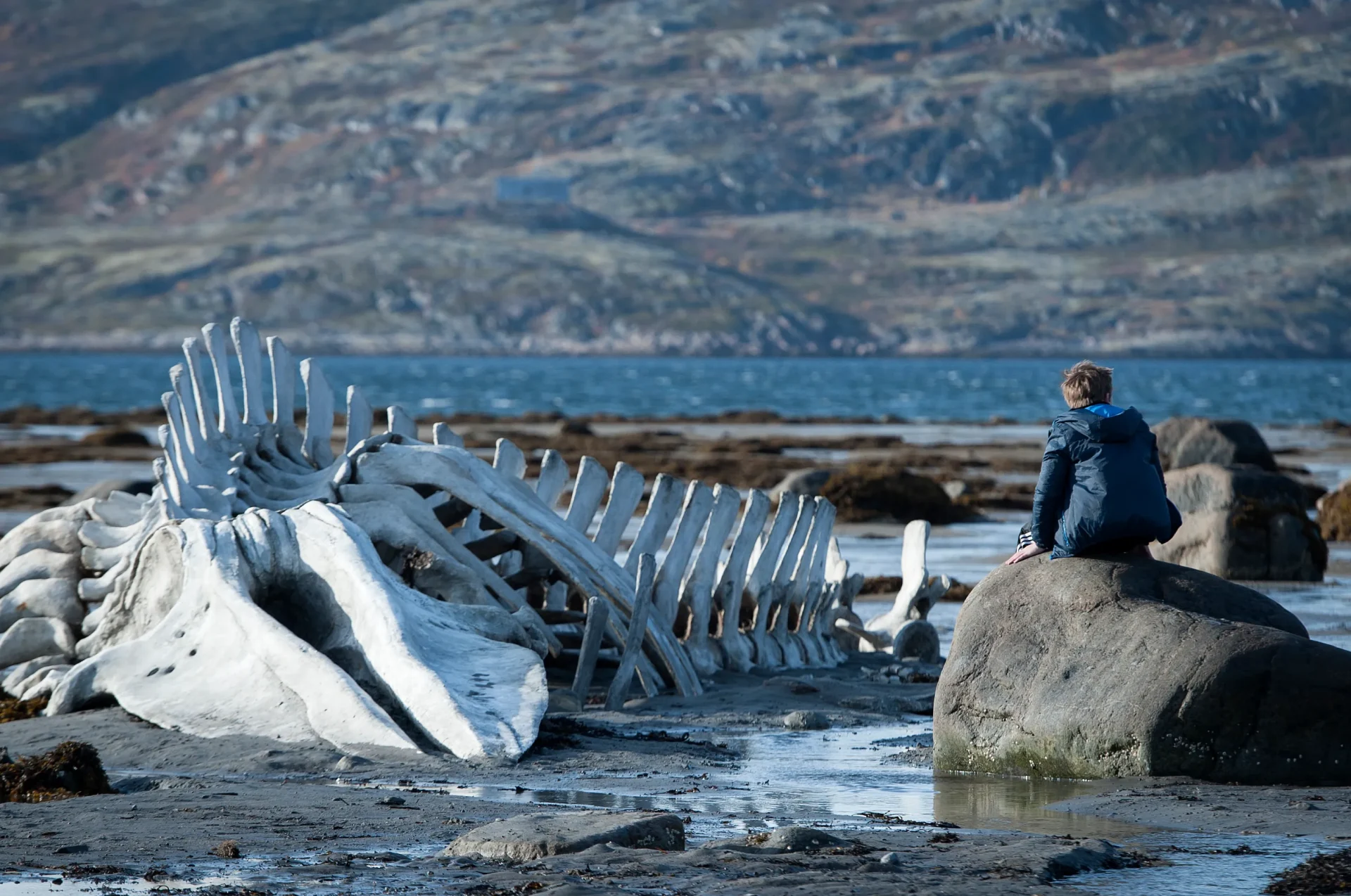
Marvin Heemeyer’s 2004 bulldozer rampage in a small U.S. town so deeply inspired Andrey Zvyagintsev that he decided to transpose the essence of this story into a tangible Russian context. The outcome was “Leviathan,” a potent and atmospheric film addressing some of Russia’s most pressing issues. Yet, it never devolves into an artist’s lecture or a public service announcement. It remains a story of love and tragedy impacting the lives of ordinary people.
Despite criticism from the Russian government for its perceived critique of the Russian lifestyle, “Leviathan” was chosen as Russia’s official submission for the Best Foreign Language Film at the Oscars, earning a nomination. Its incisive portrayal of corruption and societal decay in a Russian town also led to its competition for the Palme d’Or at Cannes, where it won the Best Screenplay award. Additionally, it secured the Golden Globe for Best Foreign Language Film.
Seto Surya (2016) | Nepal
The Nepali Civil War remains vivid in the memories of South Asians from that time, involving a struggle between the Nepalese royal government and the Communist Party of Nepal in 2006. A decade after the conflict, director Deepak Rauniyar created an exquisite biographical adventure drama reflecting the battle between royalists and Maoists. The film, known as “White Sun” in English, narrates the tale of Pooja, a young girl living in a village with her mother, who is excited about the possibility of meeting the man who could be her father—a Maoist guerrilla returning home after years of absence.
War dramas often expose a system’s flaws on a personal scale, and “Seto Surya” stands out as a well-executed, engaging film that achieves this. It made its world premiere in the Horizons section of the Venice International Film Festival and at the Toronto International Film Festival.
Foxtrot (2017) | Israel
Samuel Maoz, an Israeli filmmaker and previous winner of the Golden Lion award at the Venice International Film Festival, directs “Foxtrot,” a film that delves into the fate of a family against the backdrop of life’s devastating randomness and death. The film won the Grand Jury Prize at the Venice Film Festival. It narrates the story of a couple who learn that their son, an IDF soldier, has died in the line of duty. “Foxtrot” makes a profound sociopolitical statement, offering a nuanced and compelling portrayal of the cost and value of humanity in perpetual conflict. It’s so engaging that viewers are compelled to remain seated, reflecting on their emotions as the story unfolds on screen.
The Israeli government and Culture Minister Miri Regev harshly criticized “Foxtrot,” labeling it a long-form lie that damages the IDF’s reputation by propagating falsehoods, thus aligning with an anti-Israel narrative. Maoz’s response was strikingly powerful. He stated, “If I criticize the place I live, I do it because I worry. I do it because I want to protect it. I do it from love.”
Cake (2018) | Pakistan
The narrative of dysfunctional families has inspired a significant number of films, with some highlighting the dysfunction for comedic effect and others exploring the underlying tensions. Pakistani filmmaker Asim Abbasi adopts a wholesome, mainstream approach in his film “Cake” to explore the warmth and estrangement among its characters. The plot follows two sisters as they struggle to maintain their bond while managing their inherited land and caring for their old parents. The film unfolds its drama akin to a slow-burn thriller, escalating to a subtle, almost sensuous climax. The absence of melodrama, coupled with light-hearted and understated humor, contributes to the film’s core appeal. Additionally, the lavish production design, which immerses viewers in the lives of the wealthy, is visually delightful.
However, the pace is not always slow and certain. Like in any family, a moment arises that threatens to tear them apart. But by then, the characters are so well-established that we are emotionally engaged and understand their motivations. Although “Cake” was Pakistan’s entry for the Academy Awards and did not receive a nomination, its success is underscored by the release of a prologue featuring two of its characters in webisodes on YouTube.
Cold War (2018) | Poland
The first time I watched Cold War’s trailer, I was enthralled by the ravishing black and white shots of the film. But the entire film goes beyond the sumptuous monochromatic setting. Pawel Pawlikowski’s historical period drama film is a passionate romance of the star-crossed couple, Zula and Witkor. Their intimacy is electrifying, especially when they return to each other in spite of the many upheavals in their journey.
The vehemence of romance, political turmoil, and jazz ambiance bring a mystifying serenity to this Polish drama. The Polish director dedicated the “Cold War” to his parents, on whom the characters are based. Pawlikowski described his parents as “the most interesting dramatic characters I’ve ever come across … both strong, wonderful people, but as a couple a never-ending disaster.”

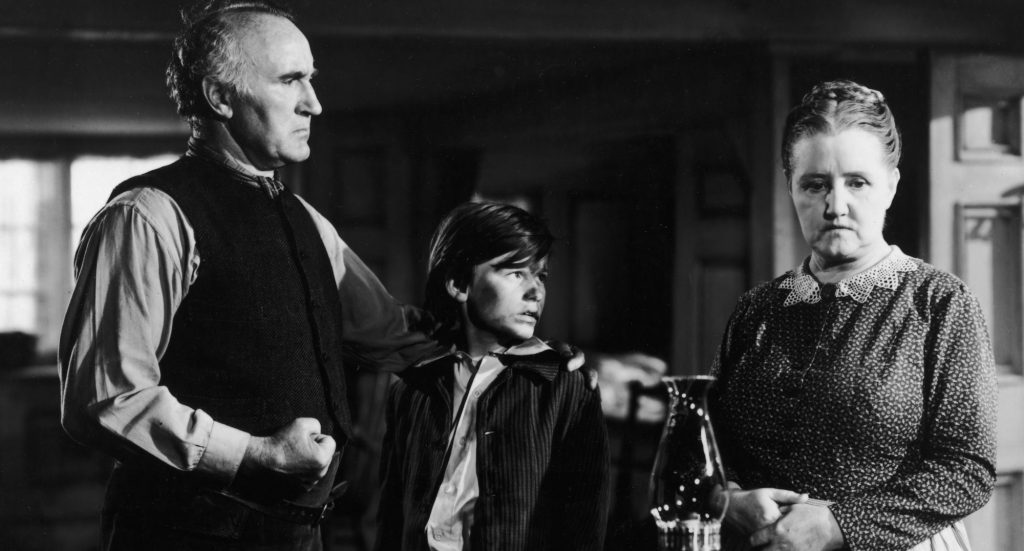
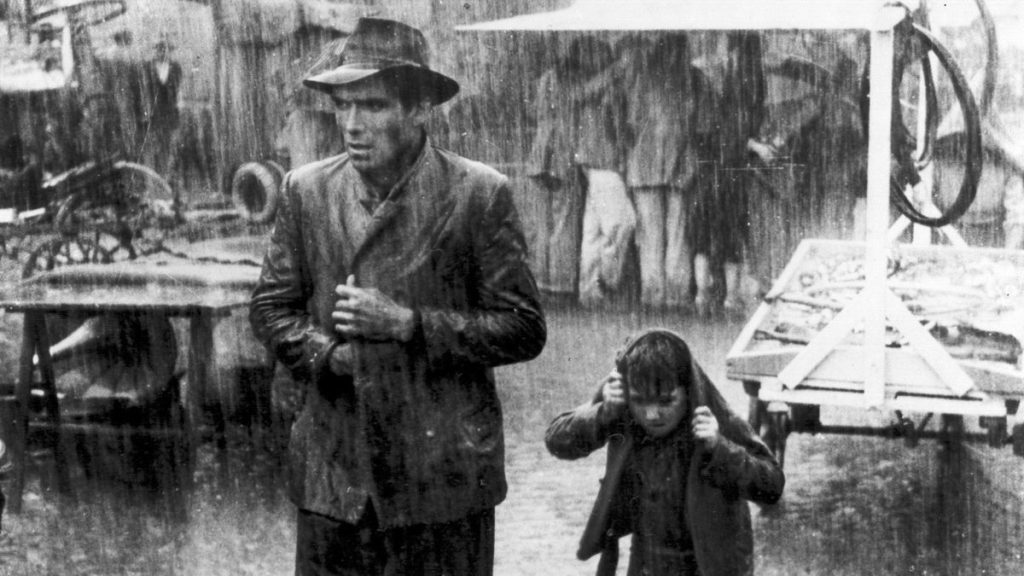
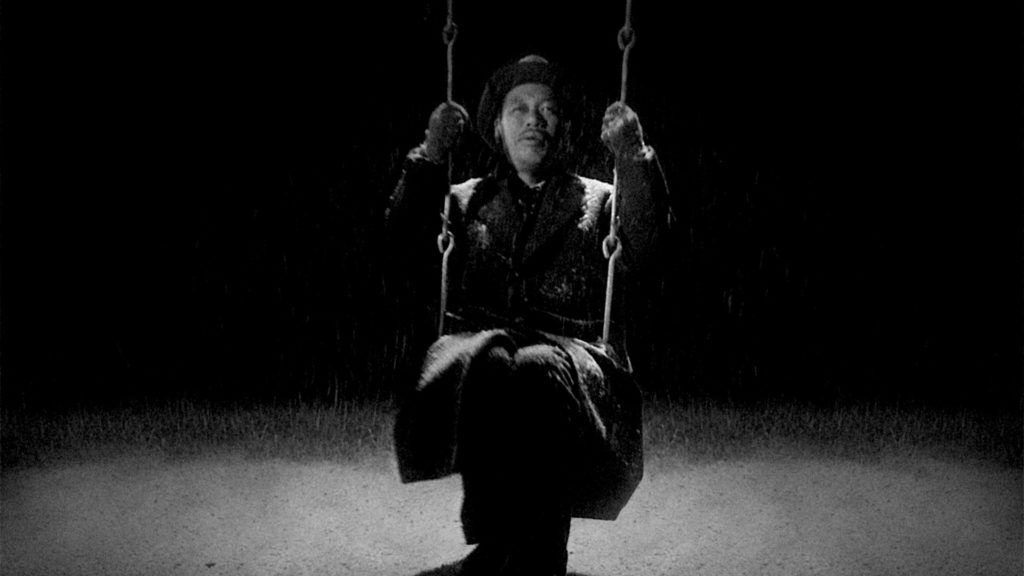
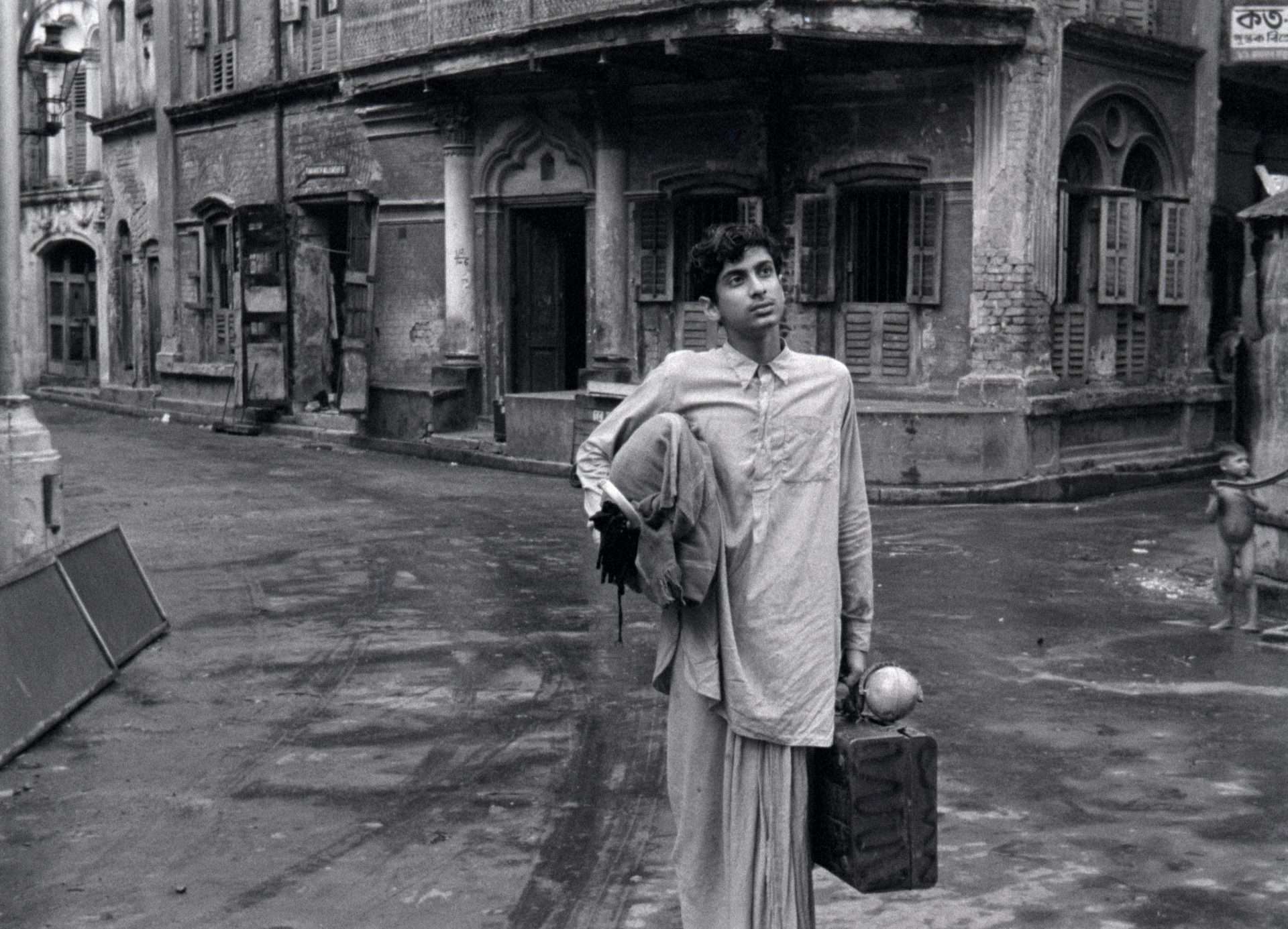
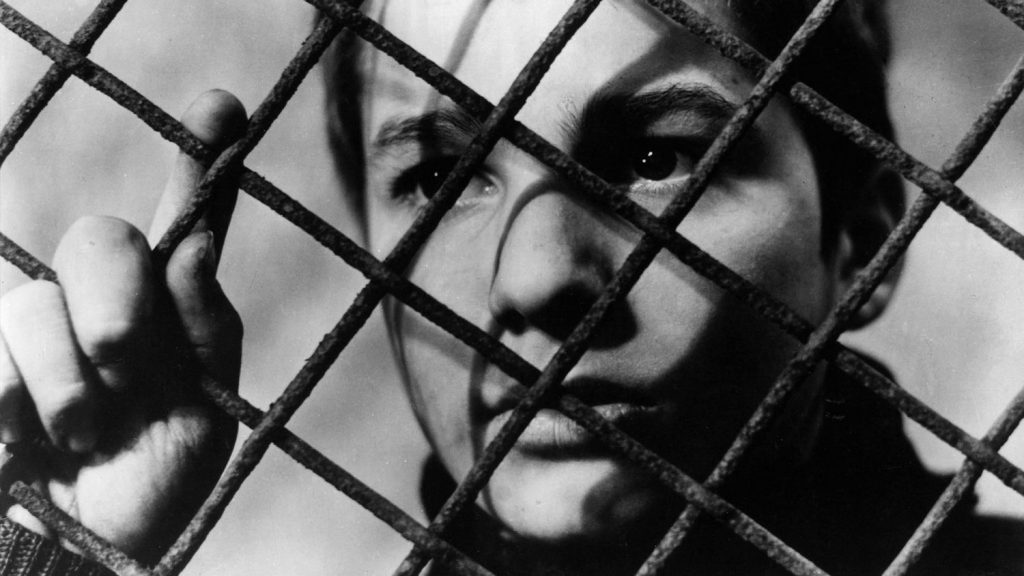
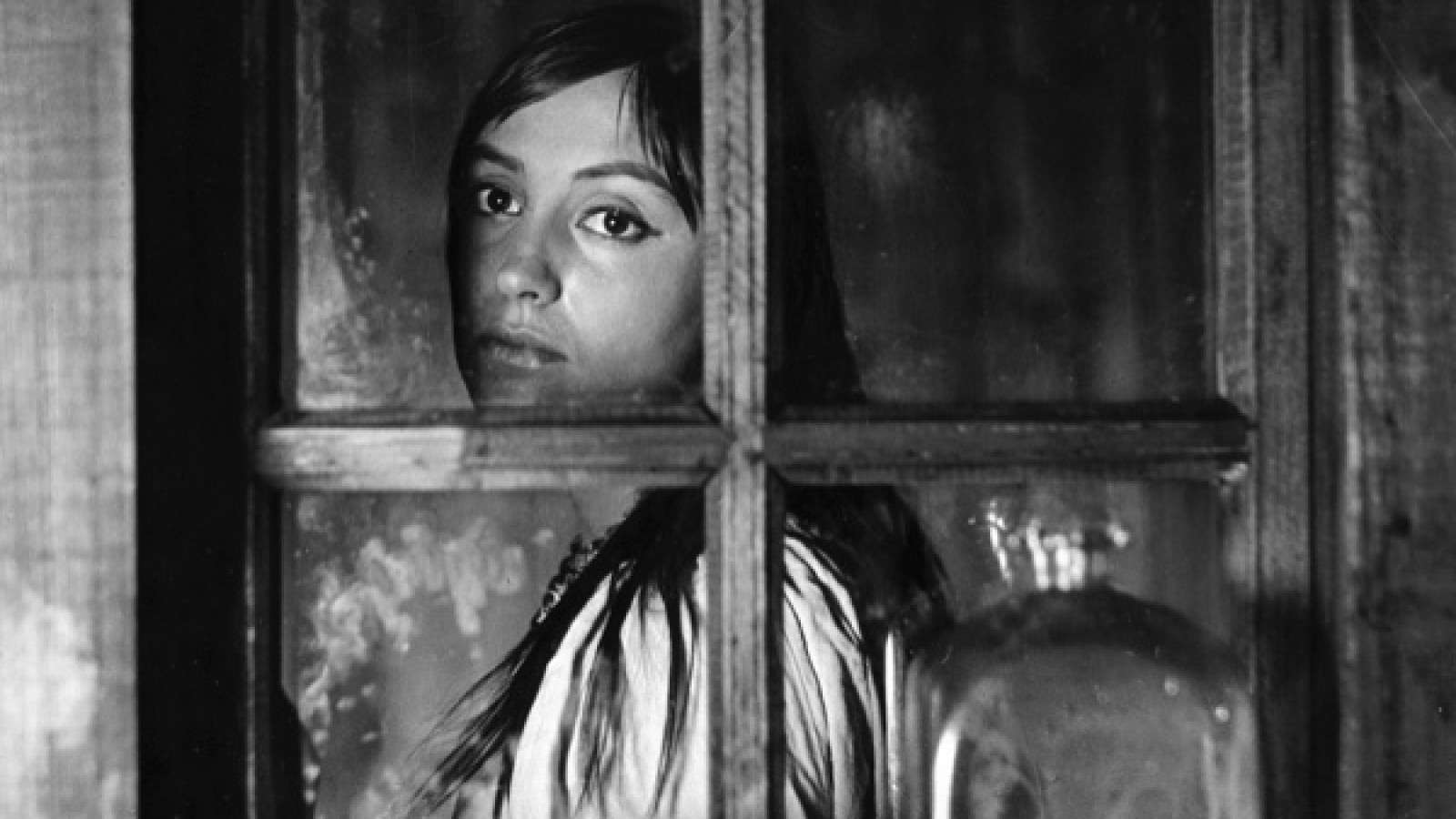
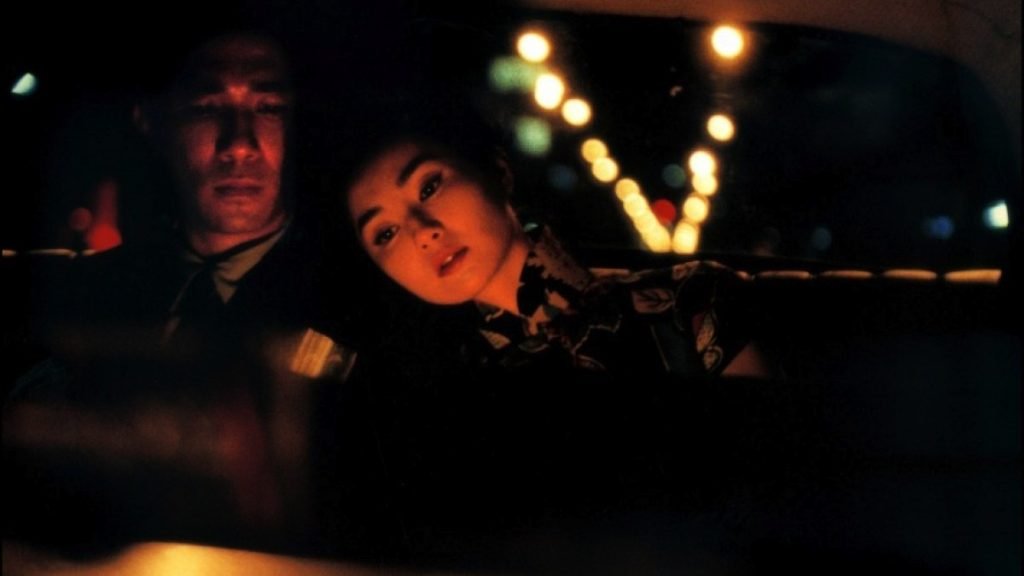
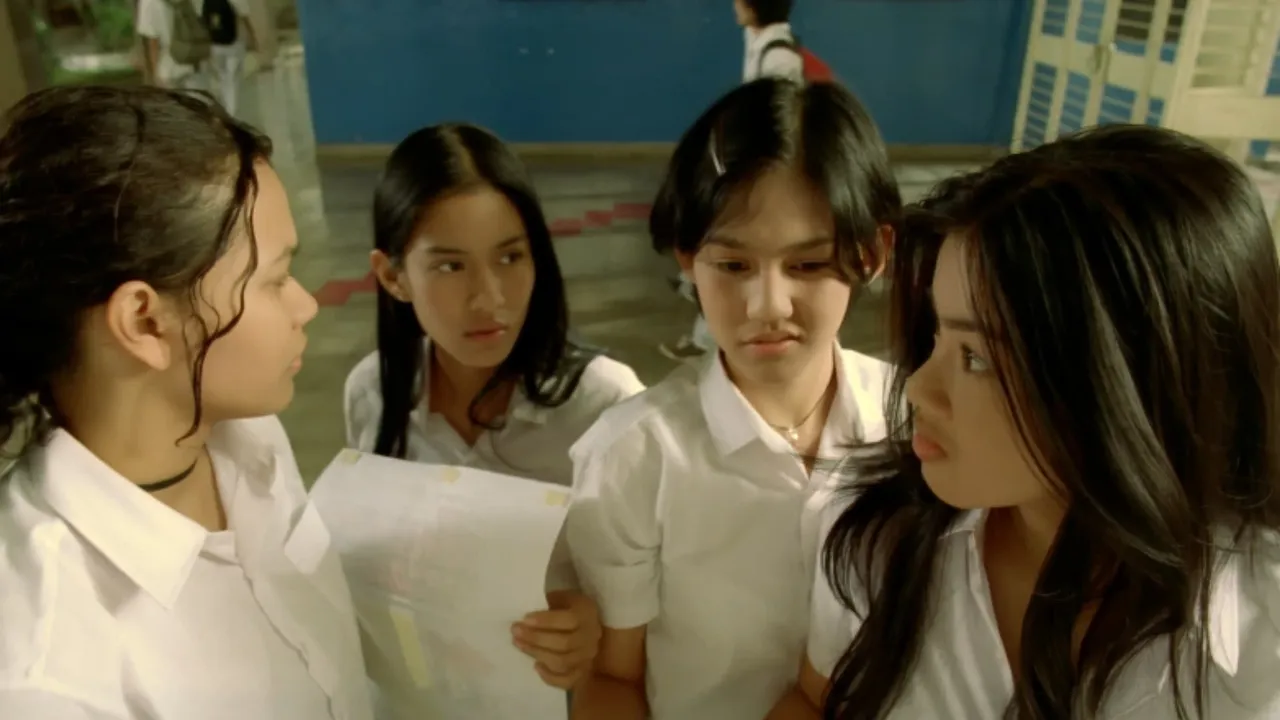
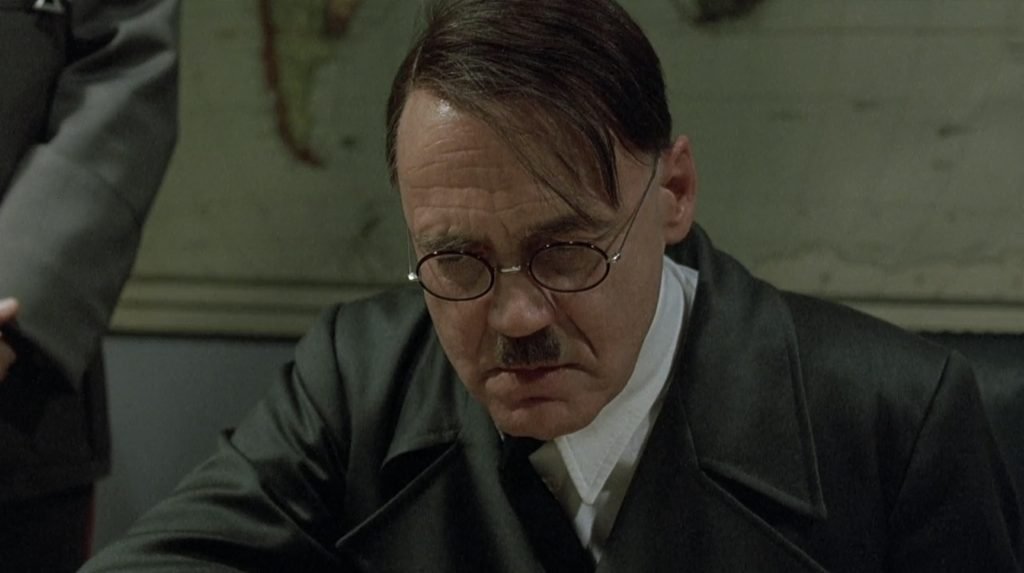
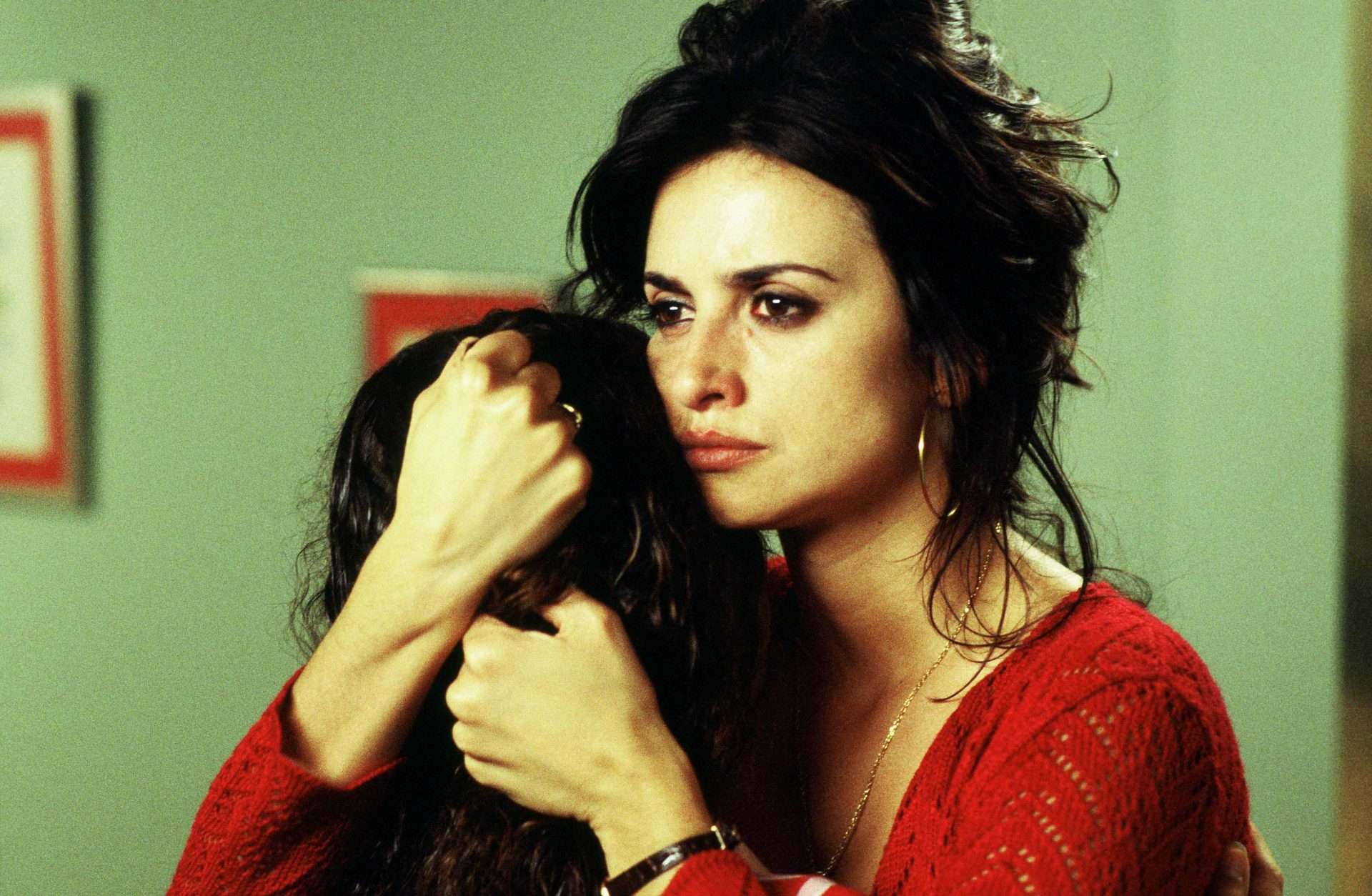

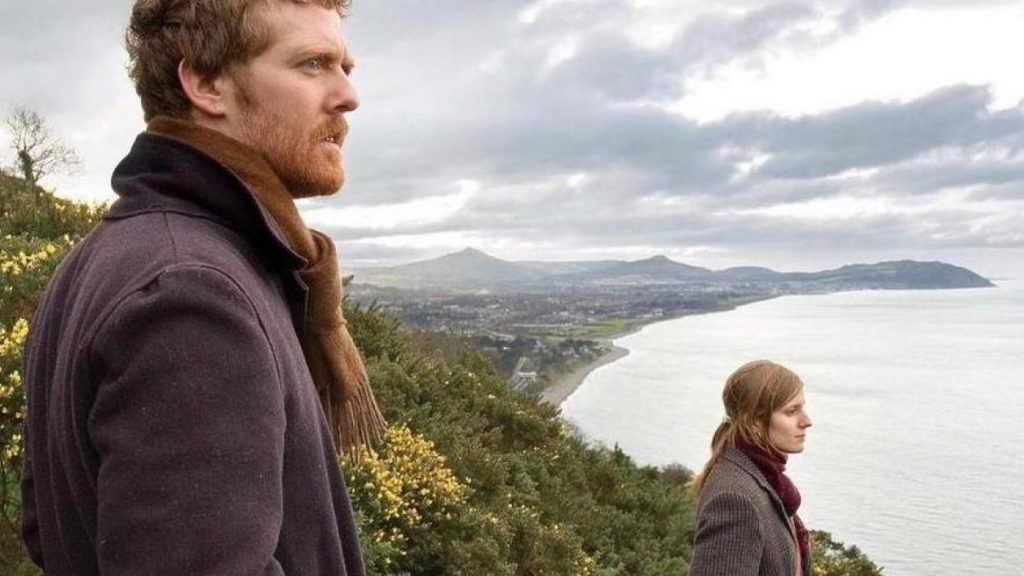
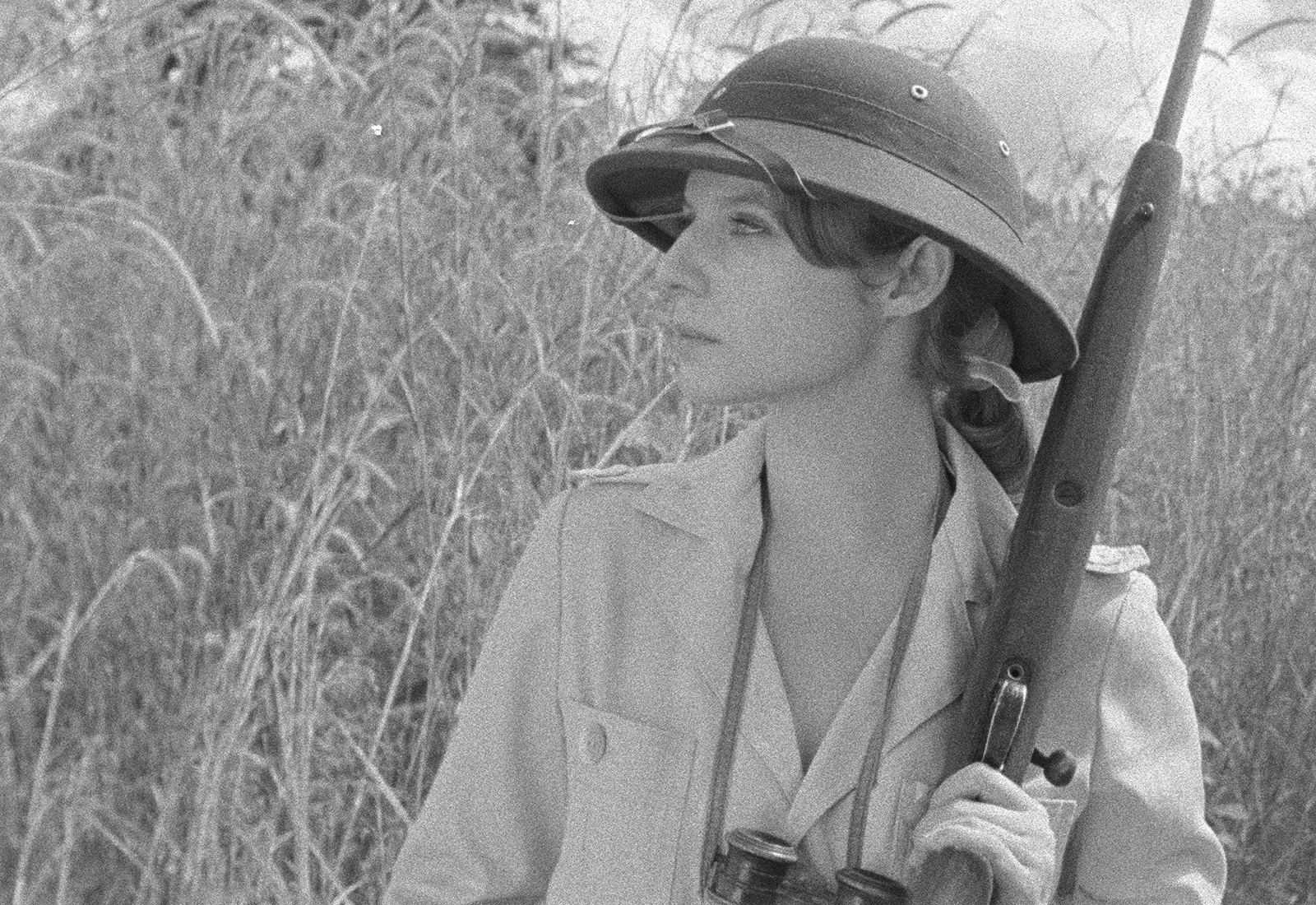
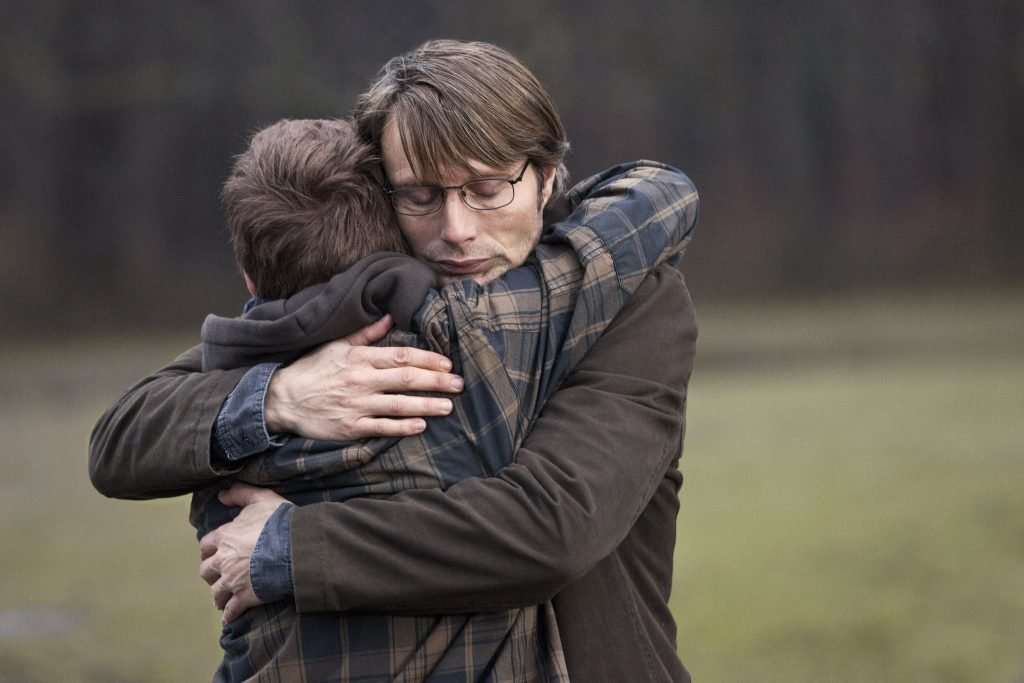
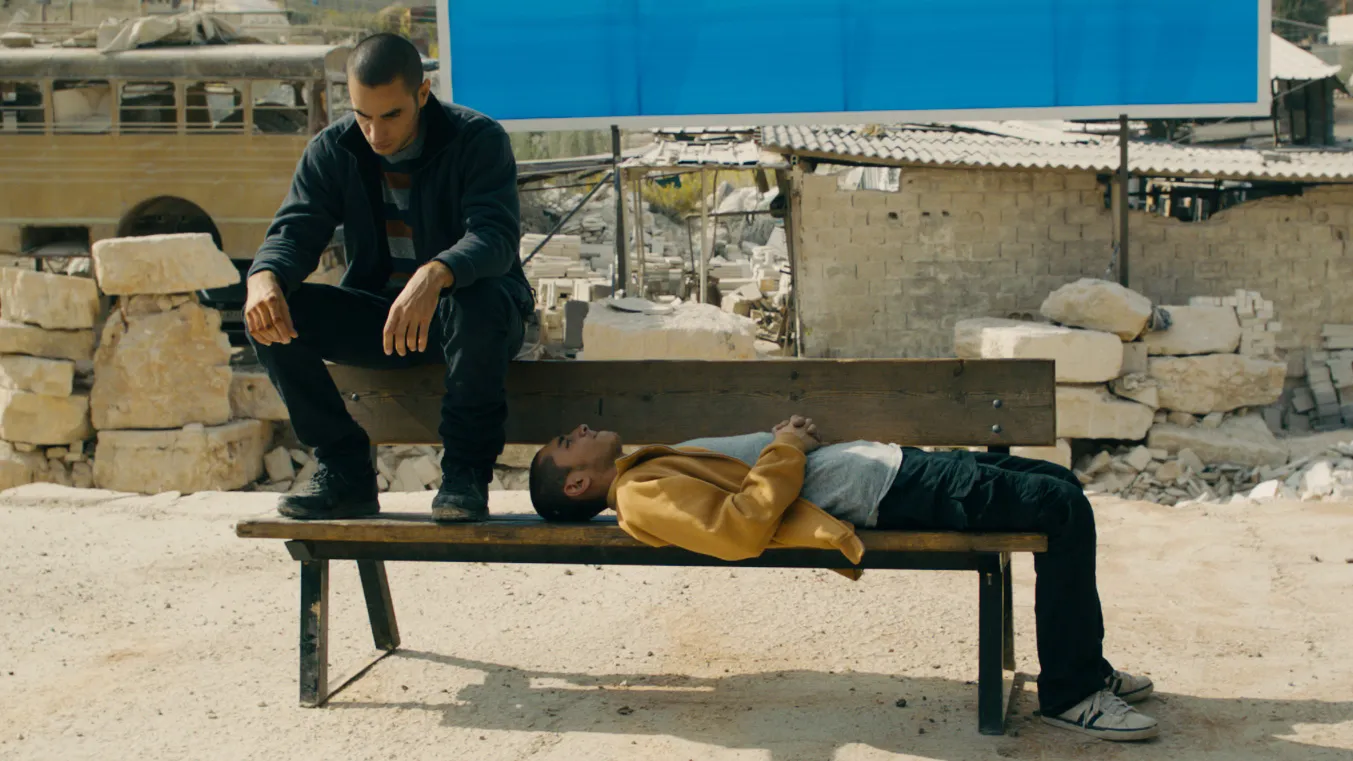
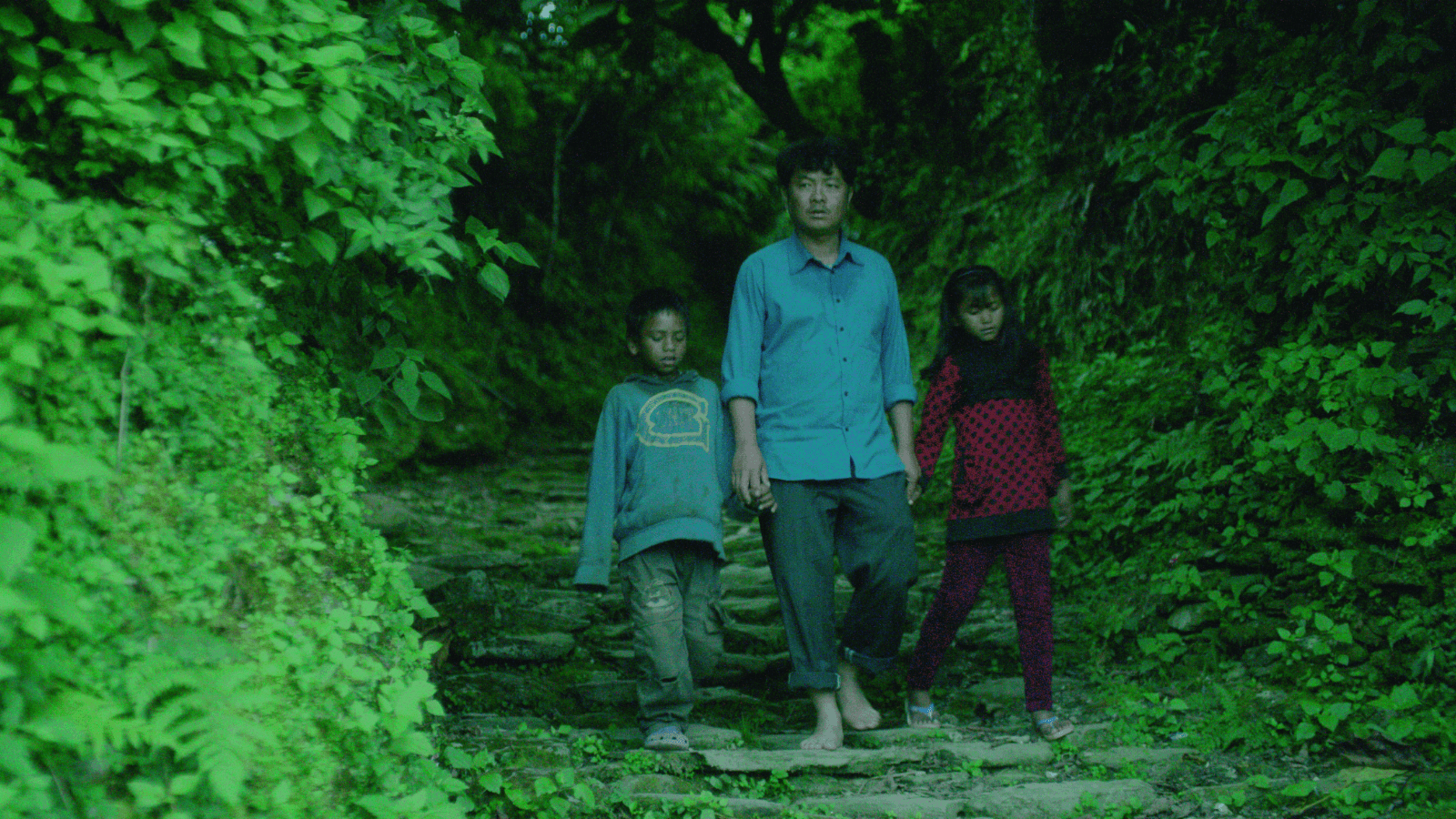
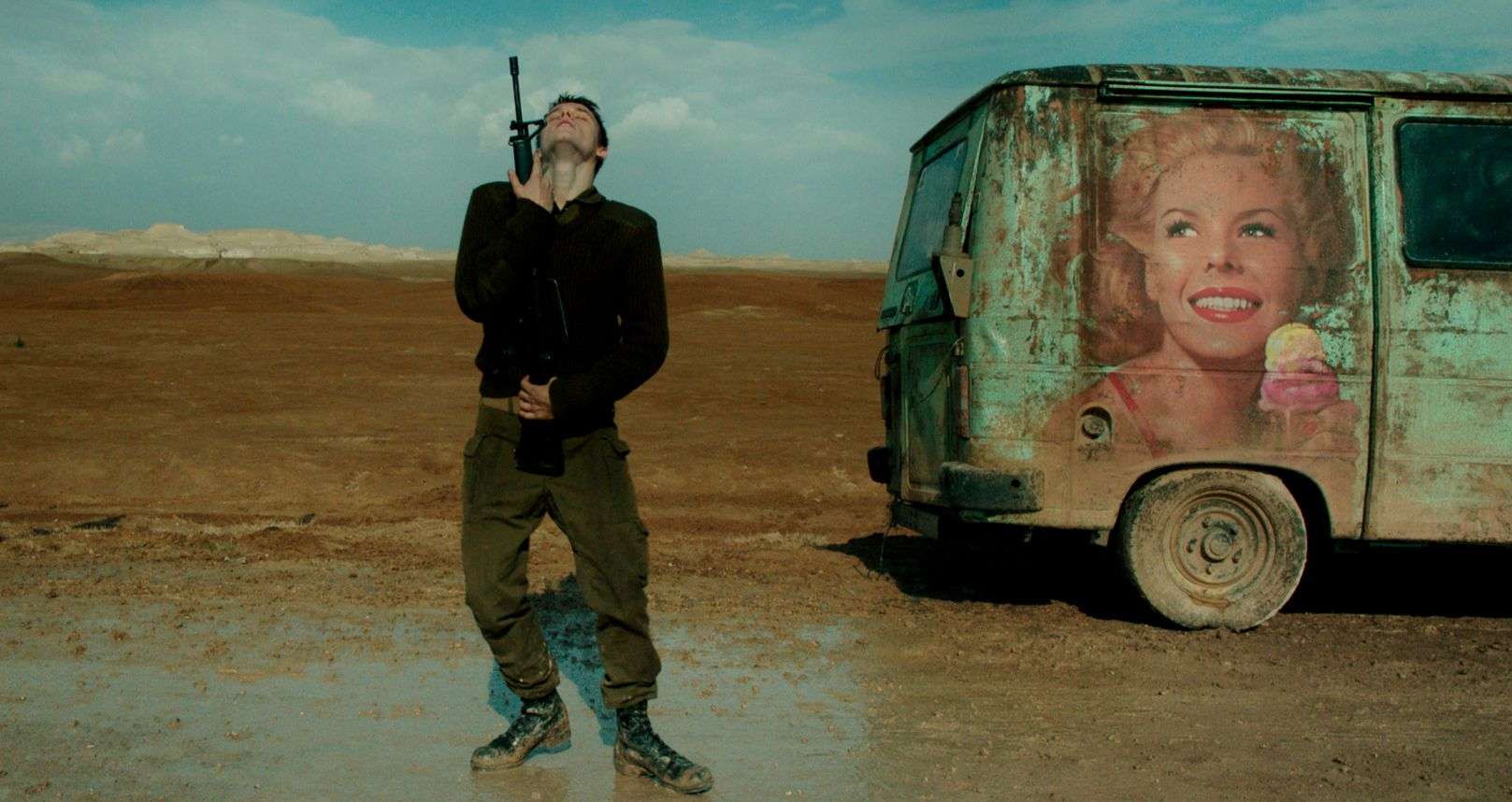
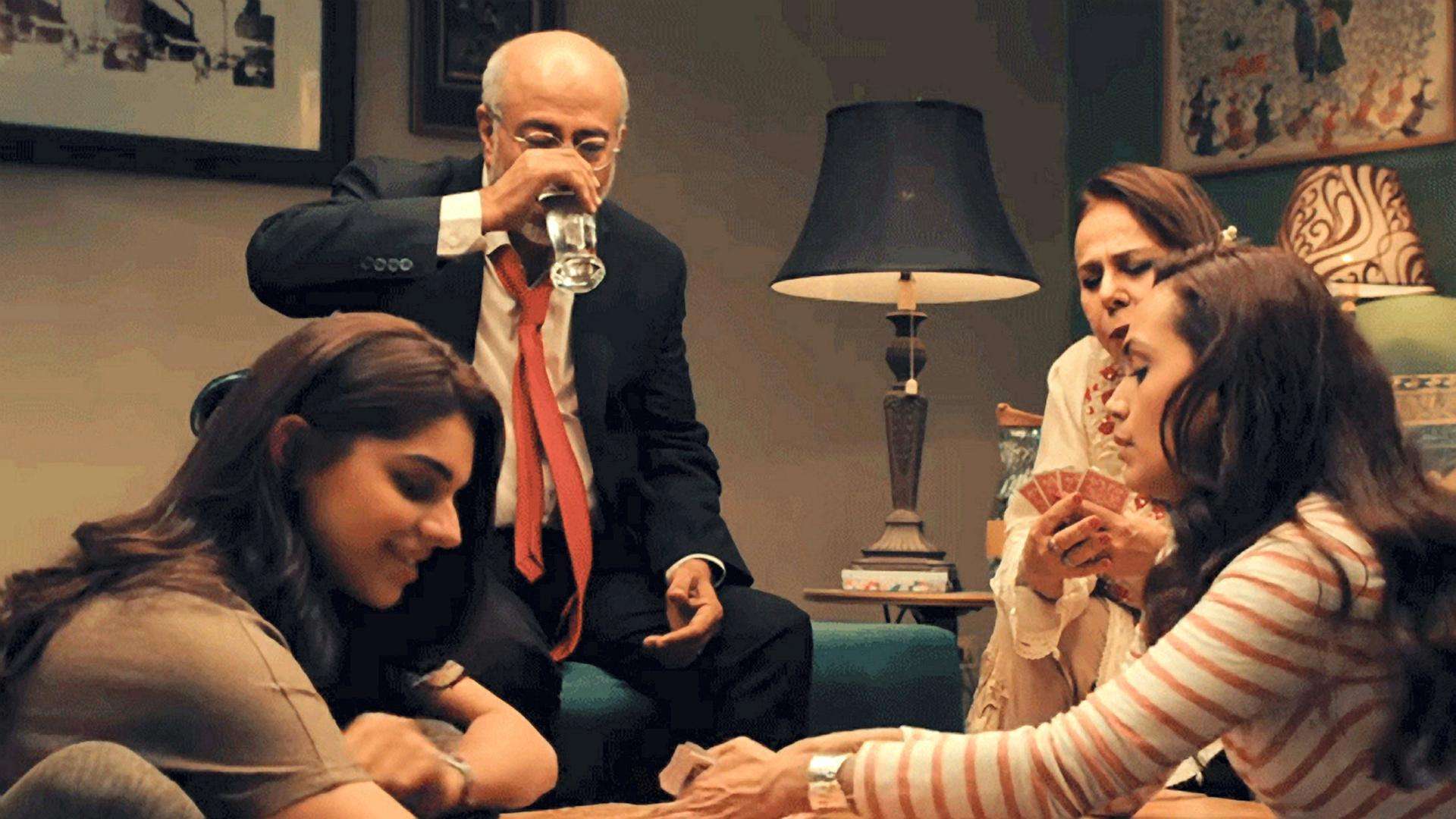



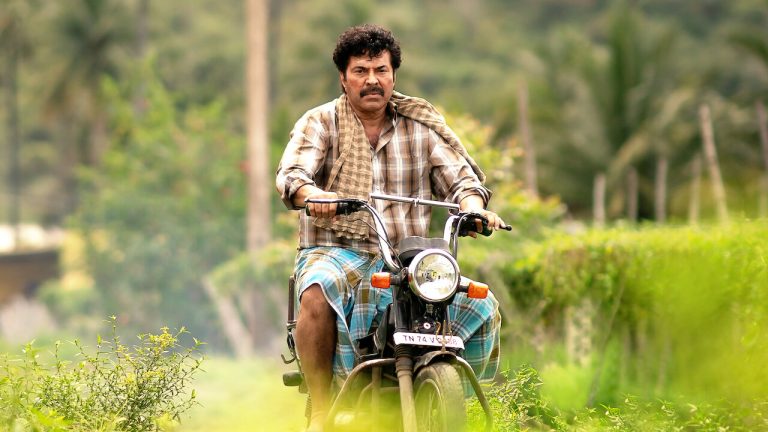


![Sing Street [2016]: Finding the voice!](https://79468c92.delivery.rocketcdn.me/wp-content/uploads/2016/07/SING-STREET-768x419.jpg)
